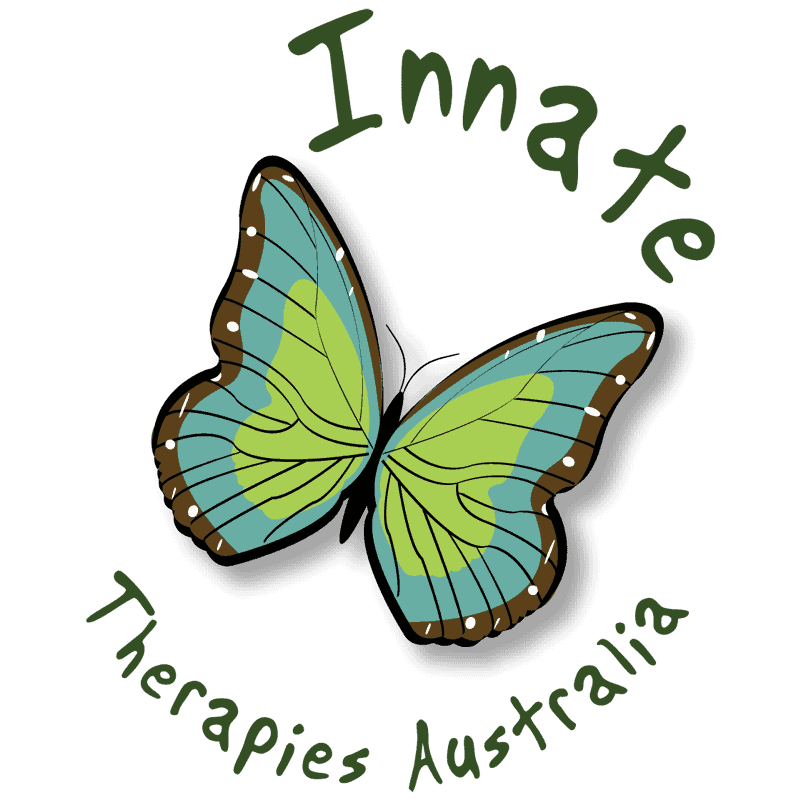A transition in the human lifecycle refers to the alterations that occur as an individual progresses through various phases of growth and evolution. These transitions can involve physical, emotional, and social changes, and can often be accompanied by significant life events.
Innate Therapies counseling services can be beneficial at various life stages, from infancy to adulthood and beyond. At each stage, individuals may face specific challenges that can impact their mental health and overall well-being.
Here are some examples of how counseling can offer mental health support at different life stages:
Infancy and Early Childhood:
During this stage, children are developing their sense of self and learning to navigate the world around them.
Counseling can help parents understand and address any behavioral or emotional issues their child may be experiencing. It can also provide guidance on effective parenting strategies and promote healthy attachment between parent and child.
With Interplay, Sand, and Art Therapy, you can help your child express feelings and provide emotional support.
Adolescence:
Adolescence is a time of significant physical, emotional, and social changes.
In pre teen and teenage years, people often discover themselves and form their own identity. This can be a challenging process as teenagers try to understand who they are and what they want in life. They may struggle with mental illness, questions about their beliefs and preferences, causing confusion and uncertainty. This can make them feel unsure and confused.
Another common challenge that teenagers face is fitting in with their peers. Teens often feel pressured to conform and meet others’ expectations. This pressure can lead them to seek acceptance by joining specific groups or engaging in certain activities. Sometimes, the desire to belong can lead to feelings of isolation or the fear of others judging you.
School pressure is another significant challenge that teenagers encounter. Students face overwhelming academic demands, including excelling in multiple subjects, maintaining good grades, and preparing for college or future careers. This pressure can lead to stress, anxiety, and even burnout, as teenagers strive to meet these expectations.
Furthermore, mental health problems such as anxiety and depression are prevalent among teenagers. Hormonal changes, social pressures, and emotional turmoil in adolescence can lead to mental health problems. Anxiety and depression can have a significant impact on a teenager’s overall well-being. These mental health conditions can make it difficult for them to effectively function in their day-to-day activities.
To address these challenges, counseling can play a crucial role in supporting teenagers. By providing a safe and non-judgmental space, counseling allows teenagers to express their thoughts, feelings, and concerns openly. This can help them understand their feelings better and learn healthier ways to deal with their issues.
Counseling also provides teenagers with guidance and advice on making good decisions. Teens can get help with choices, considering the good and bad, and making smart decisions that match their values and goals.
Teenagers face a range of challenges, including self-discovery, fitting in, school pressure, and mental health problems. Counseling helps teenagers in multiple ways. It provides a safe place for them to understand their feelings.
It also helps them develop problem-solving abilities. Additionally, counseling offers advice on making choices. By addressing these challenges, counseling can help teenagers navigate the complexities of adolescence and promote their overall well-being.

Young Adulthood:
During the stage of young adulthood, individuals often find themselves going through significant life transitions. These transitions can include starting college, entering the workforce, or establishing independence. Each of these milestones brings its own set of challenges and opportunities for personal growth.
One of the main challenges that young adults face during this stage is making career choices. They may feel overwhelmed by the multitude of options available to them and struggle to find their true passion or calling. Counseling helps with career choices, finding strengths and interests, and making informed decisions about the future.
Relationships also play a crucial role in the lives of young adults. They may be navigating new romantic relationships, friendships, or even strained relationships with family members. Counseling can help individuals develop healthy communication skills, set boundaries, and navigate the complexities of these relationships. It can also provide a safe space to process any emotional challenges that may arise from these interactions.
Financial stress is another common issue faced by young adults. Some individuals may have student loans. Others may be managing their own finances for the first time.
Additionally, some people may feel the desire to be financially independent. Counseling can assist individuals in developing budgeting skills, setting financial goals, and managing stress related to money matters.
Personal growth is a significant aspect of young adulthood. This stage is a time of self-discovery and exploration, where individuals are figuring out their values, beliefs, and identity. Counseling helps people think about their progress, discover their beliefs, and plan for the future in a supportive setting. It can also help individuals build resilience, cope with stress, and develop strategies for self-care.
Whether it’s career choices, relationships, financial stress, or personal growth, our counsellors at Innate Therapies can provide the necessary support and guidance to help young adults thrive during this transformative stage of life.
Parenthood:
Becoming a parent brings its own set of challenges and adjustments.
Counseling is a valuable resource that offers support and guidance to parents in various aspects of their parenting journey.
One of the primary benefits of counseling for parents is the opportunity to enhance their parenting skills. Parenting is hard, and counseling can help parents with tools and strategies for their child’s growth. Counselors help parents with discipline, communication, and problem-solving, so they can create a caring and supportive environment for their kids.
In addition to parenting skills, counseling also assists parents in raising their kids. Parenting involves making numerous decisions that can significantly impact a child’s well-being and development. Counseling helps parents understand different ways of parenting, so they can make choices that match their values and goals. Counselors can also provide guidance on age-appropriate expectations, setting boundaries, and fostering healthy relationships within the family.
Counseling serves as a valuable resource for parents dealing with emotions or relationship problems. Parenting can evoke a wide range of emotions, including stress, frustration, guilt, and even joy. These emotions can sometimes become overwhelming and affect a parent’s overall well-being.
By seeking counseling, parents can explore and address these emotions in a safe and non-judgmental environment. Counselors can help parents develop healthy coping mechanisms, manage stress, and improve their emotional well-being.
Midlife and Beyond:
As people age, they may face various challenges. Some challenges include job changes, loneliness when children leave, aging, and health concerns.
Counseling aids people in dealing with changes, handling sadness, and discovering purpose in this phase of life. It can also provide support for managing mental health conditions that may arise later in life.
Counseling supports people of all ages, offering help, advice, and techniques to overcome difficulties and enhance happiness.
Our expert counsellors are here to help you through all these stages of life. Reach out to our dedicated team at Innate Therapies in Cairns today.

